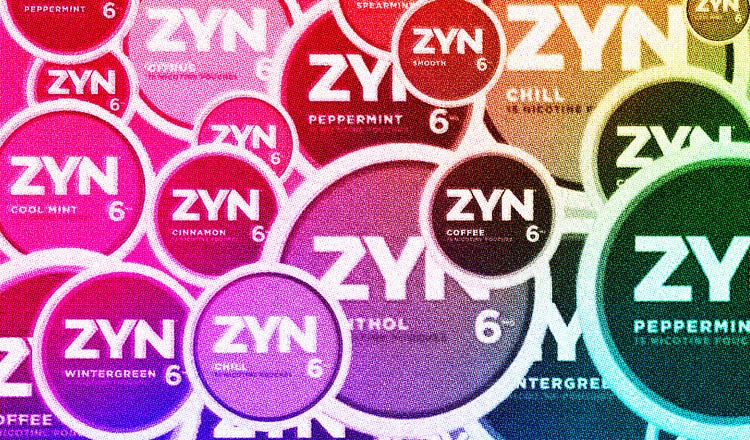Your Constitutional Right to Zyn

Photo illustration by The Free Press.
The nicotine pouches are hugely popular, have become a culture war issue, and could be the target of a federal crackdown.
36
According to Senate Majority Leader Chuck Schumer, they are a “sinister new threat to the health of young Americans.” Vox says they explain “the new ethos of conservative young men.” Business Insider frets that its users belong to “a subculture on the right that doesn’t just tolerate nicotine use but venerates it.”
A new front has opened up in the cultu…
Continue Reading The Free Press
To support our journalism, and unlock all of our investigative stories and provocative commentary about the world as it actually is, subscribe below.
$8.33/month
Billed as $100 yearly
$10/month
Billed as $10 monthly
Already have an account?
Sign In

